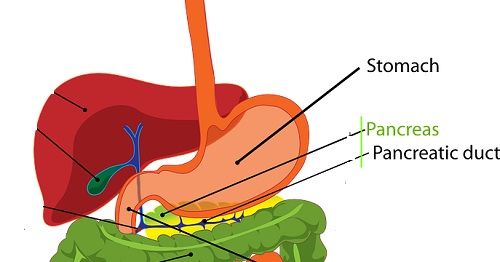Article
Positive Phase 3 Results for Genetic Lipid Disorder
Author(s):
A drug to treat a familial disorder that causes pancreatitis appears to work.

A drug to treat familial chylomicronemia syndrome (FCS) a painful genetic lipid disorder, showed positive results in phase 3 trials, its manufacturer announced today. Volanesorsen, made by Akcea Therapeutics showed a therapeutic benefit in 66 patients with FCS, a rare disease affecting about 3,000 to 5,000 patients globally, the company said. Akcea is a subsidiary of Ionis Pharmaceuticals.
The average incoming triglyceride level of patients in the study was 2,209 mg/dL.
Patients who got the drug in a 52-week study reduced triglycerides by 77% from baseline after 3 months of treatment, while in patients who got a placebo triglycerides rose 18%.
The treatment effect was sustained over the full 52 weeks of the trial.
Fully 50% of treated patients who entered the study with triglycerides of greater than 750 mg/dL achieved triclyceride levels of less than 500 mg/dL after 3 months, while none of the patients on placebo had this result.
The patients who had been having the most documented pancreatitis attacks before entering the trial suffered no attacks during the 52-week trial.
The study was known as APPROACH. Its results were consistent with findings from the phase 3 COMPASS study as well as the phase 2 study of volanesorsen.
There were no treatment-related liver adverse events or renal adverse events.
Familial chylomicronemia syndrome results in pancreatitis attacks that come with extreme nausea and vomiting, and pain that some patients have descibed at incapacitating, excruciating, and intolerable. To avoid such attacks, patients with FCS are advised to eat no more than 10 to 12 grams of fat daily--a difficult task since there are 8 grams of fat in a pat of butter. Even doing that does not always prevent the attacks, the company said.




